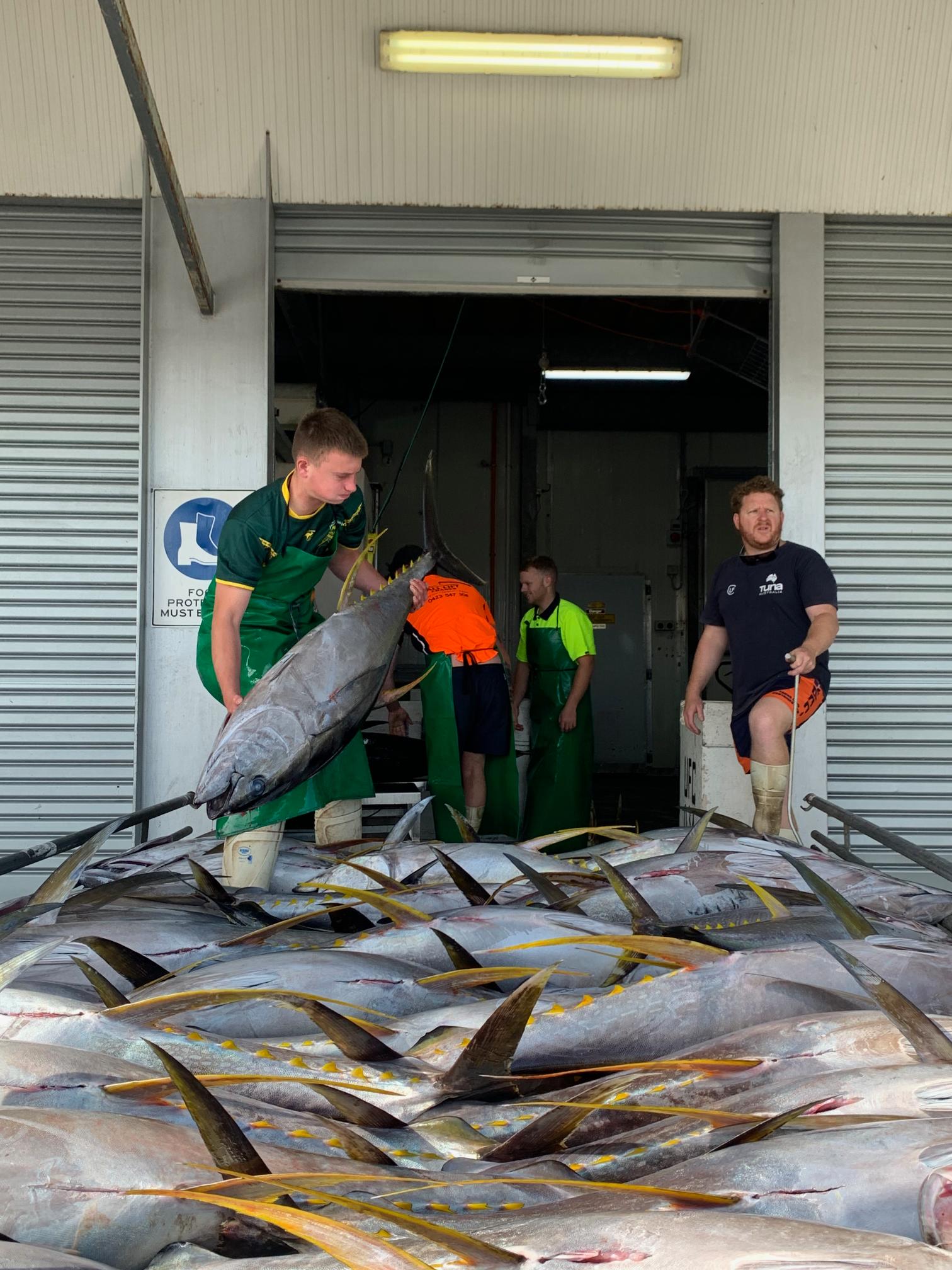The peak industry body for fishers in Commonwealth waters is revitalising itself, actively pursuing collaborations to advance a viable future for the sector.
The Commonwealth Fisheries Association (CFA) is setting itself a new course to address the changing expectations of its fisher-members and government, in the management of Commonwealth fisheries.
As a long-established sector-based “think tank”, the CFA has responded to strategic issues that have challenged the sector over many years.
Executive Officer Dr Christine Kershaw says they found more policy issues were recurring or not being resolved.
“This causes significant challenges for our members, and it has become evident that a new approach is necessary,” she says.

Issues regularly heard include increased spatial competition in the marine estate, increasing layers of regulation, Commonwealth harvest strategies and bycatch policies and a difficult economic environment. Christine says there are also newer policy challenges like the Federal Government’s Sustainable Oceans Plan, its Nature Positive agenda, and making space for new offshore developments, such as wind farms.
A recently completed research project funded by FRDC (2023-162) is helping the CFA review its operations, identifying how it can more effectively engage with the sector’s stakeholders and policy makers to plan for the future.
The CFA represents most Commonwealth fishers and it is a legislated consultative body for the Australian Fisheries Management Authority and FRDC.
New security policy
CFA Chair Daniel Casement says the project has helped the sector to rethink its next steps, and how the CFA can do more and resource itself better going forward.
“Developing a Commonwealth Fisheries Security Policy was identified as a priority,” says Daniel. “This will help safeguard the security and value of fishing access rights and protect our position in a busy marine planning environment,” he explains.
“We will be working with government in drafting this, and we have the support of the Australian Fisheries Management Authority, the Department of Agriculture, Fisheries and Forestry and other stakeholders.”
Other key findings from the review include:
-
The Commonwealth Resource Sharing Framework is underutilised.
-
Commonwealth cost-sharing arrangements should recognise all users.
-
A national marine resource planning framework is urgently needed.
-
Industry representative organisations face consultation overload (government, offshore exploration etc) and are often not adequately resourced to respond.
-
A strategic growth plan is essential for the wild catch fishing sector.
-
The achievements and sustainability of the wild catch fishing industry must be fully recognised by government and supported by a ‘security policy.’
Collaboration and resourcing
“There are incredible pressures on industry with rising operational costs as well as policy changes and international initiatives that Australia is involved in,” says Daniel.
“Fishers adapt as best they can. But we know, particularly with climate change, that more adaptations will be needed, including new approaches and methodologies to assess stocks and manage fisheries.
“Part of the future for us is to be proactive in collaborating with others to increase influence. We’ll be working more closely with the Sustainable Oceans Plan team, with government policymakers, Seafood Industry Australia, and even state jurisdictions.
“Our members know that the services they provide – the capacity to provide food anddata that monitors fish stocks and the oceans – have wider value to the community that should be better recognised in cost-sharing arrangements.
“To secure our future, we need a growth plan for the industry. A united plan that delivers job security for our people, wider value to our communities, our businesses, our environment and importantly our economy, and that ensures a secure future,” Daniel says.
Related FRDC Project





